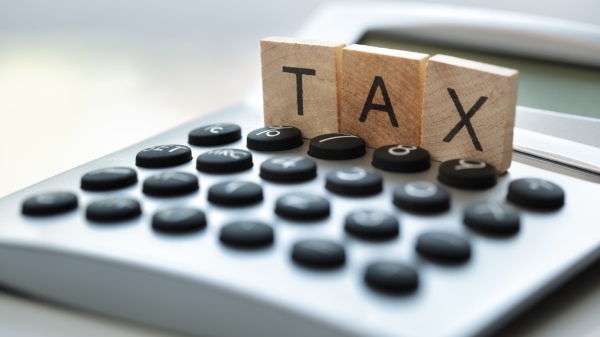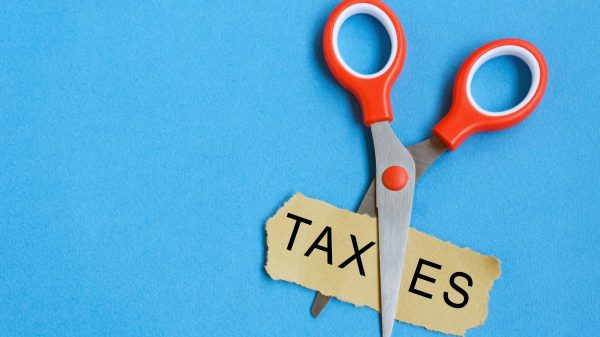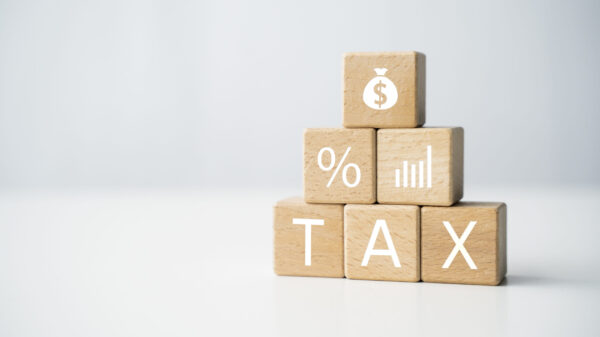|
Getting your Trinity Audio player ready...
|
Less than a decade ago, Alabama was not collecting a cent off of purchases made through online vendors.
That changed in 2016, when the state introduced the Simplified Sellers Use Tax system to begin allowing companies to tempt an 8 percent sales tax to the state, and the tax has provided a much-needed boost to the state general fund and many local governments.
However, a new report from the Public Affairs and Research Council of Alabama shows there are winners and losers in the current system, setting up multiple potential battlegrounds over the revenue once the historic pandemic revenue streams run dry.
“Alabama’s online sales tax program is still in its infancy, but it is one of the state’s emerging revenue sources with the most growth potential,” said Ryan Hankins, the executive director of the Public Affairs Research Council of Alabama. “In the six years since the SSUT program’s enactment, it has been a boon to state and local budgets — generating more than $1.8 billion over its lifetime that otherwise would have been lost. But is the SSUT collecting as much as other e-commerce tax programs could? Our analysis says not likely.”
Alabama applies half of the amount it collects to state budgets. The General Fund receives 75 percent of the state’s SSUT share; the remaining 25 percent goes into the Education Trust Fund. The state divides the remaining SSUT collections between cities and counties based on population. In 2022, Alabama collected $634 million. Of that amount, $238 million went into the General Fund and $79 million into the Education Trust Fund. Municipalities shared $190 million, and county governments split $127 million.
The flat 8 percent tax rate is where the system derives the “simplified” in its name. Instead of comparing where a purchase is made agains the local sales tax, companies are only required to remit 8 percent.
With a weighted average sales tax across the state is 9.25 percent, which puts local brick-and-mortar stores at a competitive price disadvantage. Most in-person sales are subject to higher taxes than online purchases. The SSUT’s low rate allows out-of-state vendors to charge lower prices than their in-state competitors.
The report offers several solutions on this front, including simply raising the online sales tax to match the weighted average to level the playing field.
While that would generally close the gap between online vendors and physical retail stores, it would not resolve the issues over distribution.
In Alabama, almost every penny of sales tax from brick-and-mortar locations goes to the Education Trust Fund, and many cities and counties also levy their own taxes to fund schools.
But the state’s half of online sales tax revenue goes directly to the General Fund. At the city and county level, there are no earmarks for the new revenue.
So far, that hasn’t been a pressing issue, masked largely by the massive growth in both online and local sales tax during the pandemic, said Thomas Spencer, senior research associate with PARCA.
As of December 2022, only eight school systems reported receiving funding from their county’s SSUT revenue, and only seven school systems reported receiving funding from their city’s SSUT fund.
“We’ve watched the SSUT provide a vital source of growth revenue to support Alabama’s General Fund,” Spencer said. “But as commerce increasingly moves online, the differences between the online sales tax and the traditional sales tax creates more impact, particularly at the local level.”
Since 2000, e-commerce has risen to become 15 percent of total retail sales, spiking with the onset of the pandemic.
The growing volume of commerce the tax applies to has sparked fears that the traditional sales tax will diminish in favor of the online alternative. That, in turn, would diminish the revenue that cities and schools depend on.
Spencer also said the system could conceivably be gamed in its current state, with brick-and-mortar retailers running purchases through an online third party to gain a competitive advantage.























































